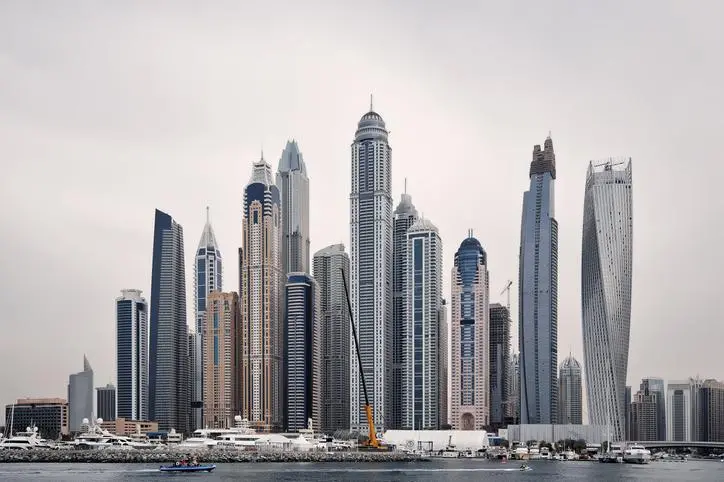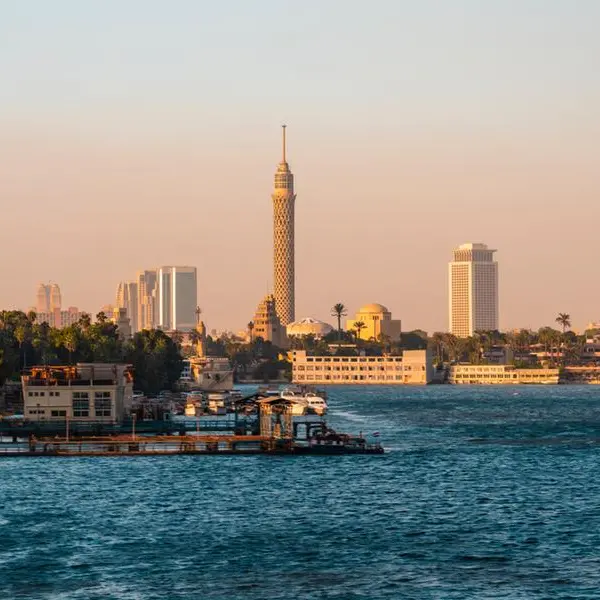PHOTO
Increased state spending on infrastructure and construction projects supported solid growth in Dubai’s economy in 2018, despite muted performances from some key sectors.
Dubai’s economy is expected to expand by 3.3% in 2018, according to estimates from the IMF, well up on the 2.8% GDP growth posted in 2017, though short of the 3.5% predicted by the government at the beginning of the year.
The economy is set to accelerate further in the coming year, with the IMF projecting a 4.1% expansion in 2019, driven in part by increased government spending on infrastructure and other investments in the lead up to Dubai hosting Expo 2020.
Oil production, construction and public spending boost growth
The UAE as a whole has benefitted from the third-quarter spike in international oil prices, which increased export revenues from $58.1bn in 2017 to $75.4bn in 2018. However, it is difficult to estimate how this trend will continue into the next year, as oil prices have fallen significantly in recent months.
Economic activity in Dubai was also supported by strong growth in the construction industry, which saw an increase in orders and output, along with a rise in employment numbers.
However, some of this growth was supported by discounting in order to maintain work flows and sales, with much of the stimulus for expansion coming from state expenditure.
The 2018 budget allocated 21% of total spending to infrastructure development, with funds channelled into the construction industry.
The building trade should continue to see solid orders in 2019, as the tourism and hospitality industry invests in new capacity ahead of Dubai Expo 2020, with hotel room numbers forecast to increase at a rate of 11.1%, according to Department of Tourism and Commerce Marketing forecasts.
Inflation steady
While rising demand for labour and materials contributed to inflation in construction costs, the trickle-down into wider consumer price increases was limited.
Inflation remained subdued during 2018, with the consumer price index up 1.95% year-on-year as of the end of the third quarter, according to the Dubai Statistics Centre.
This modest increase came despite the introduction in January of the UAE-wide goods and services levy, with a value-added tax (VAT) of 5% being applied to most sales and transactions.
This has not had any significant effect on retail turnover, said a report by ratings agency Moody’s issued in September, while the plan by the federal government to return 70% of generated VAT revenue to local governments will support government investments in the coming years.
Though Dubai’s economy is set to shift up a gear in 2019, this increased activity should not feed into any spike in consumer inflation, with the IMF forecasting the UAE consumer price index to steady at 1.9% in the coming year, similar to the current rate in Dubai.
The stock market and real estate sector show vulnerabilities
While the broader economy was gaining momentum, this was not reflected on the main stock exchange.
The Dubai Financial Market (DFM) saw its general index weaken across the year.
Having closed out 2017 at 3370.07, down some 160 points over the preceding year, the general index shed 834.61, around 25%, by December 10, trading at 2535.46. This represents something of a recovery though, having dipped to below 2500 points earlier in the month.
The capitalisation of the companies listed on the DFM fell to Dh375bn ($102bn) as of the end of the third quarter, down from the year-end 2017 level of Dh386bn ($105bn), according to data issued by the UAE Central Bank in November.
The weak showing by the markets stems from fluctuating fortunes from some of Dubai’s key economic sectors, and a dropping off in returns from some of the index’s blue-chip companies.
Among the sectors that came under pressure during 2018 was real estate, with revenue and activity impacted by a slowing of demand and excess supply in the residential and office segments in particular.
Private sector growth decelerates
While increased government spending in 2018 was one of the factors driving growth in the economy, some of this expansion was curbed by a slowing of the rate of private sector activity, according to a survey conducted by Emirates NDB.
In its monthly economics tracker for October, the bank found the pace of private sector growth had slowed to its lowest rate in 31 months, drawn down by weaker activity in the travel and tourism industry, resulting in that segment’s index moving into negative territory.
While the NDB’s overall economic tracker index was positive at 52.5 points for October, indicating expansion, the rate of growth was down from the 54.4 points the month before.
A positive take out from the survey was an increase in business sentiment for the new year, with more than three quarters of respondents saying they expected output to be higher in 2019.
© Oxford Business Group 2018



















